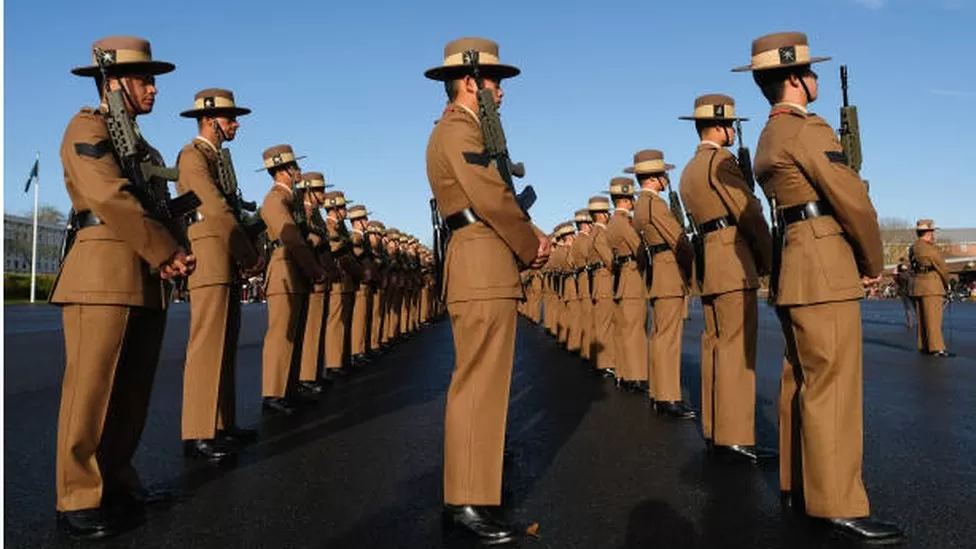The pain of Nepal’s Gurkhas over Indian army’s

Nepal has allowed its ethnic Gurkha soldiers to join the Indian army for decades. After India introduced a controversial new army hiring plan last year, the practice came to an abrupt end.
Over the decades, the Gurkhas have fought for both the Indian and British armies with ferocity and bravery.
As a result of a peace deal with Nepal, the British East India company recruited them in 1815.
Nepal, India, and Britain signed a tripartite agreement in 1947 to allow Delhi and London to continue recruiting Gurkhas. After the Indian government announced Agnipath, a new scheme for hiring soldiers, the arrangement with Delhi ended last year.
Agnipath, or Path of Fire, hires soldiers for a fixed four-year period. India’s central security forces will retain only 25% of its top performers. There will be a lump sum payment of nearly $15,000 (£11,915) for the rest of the employees who will be able to leave without a pension or any other career benefits.
Both the Indian and British armies have historically used Gurkha soldiers for much longer periods of time. Delhi’s abrupt decision to change the military recruitment program left Nepali officials surprised, as they had neither been informed nor consulted.
We have a policy that any changes to a tripartite treaty must be implemented through a political consensus,” Nepalese Foreign Minister NP Saud told the adding that the recruitment of Gurkhas would be delayed for now.
Since most Nepalese political parties are opposed to the change, reaching a consensus has become even more difficult. Pradeep Kumar Gyawali, a senior leader of the main opposition Communist Party of Nepal (UML), said, “We will not accept the new plan. If India is ready to revert back to the older Gurkha recruitment process, then it can be resumed.”
Every year, India recruited approximately 1,400 Nepali citizens into its Gurkha regiments before the new scheme.
About 35,000 Nepali Gurkhas currently serve in the Indian army, including in Indian-administered Kashmir and the northeastern regions.
Delhi argues that the new hiring plan will reduce its army expenditure on ballooning salaries and pensions, which consume more than half of its defence budget. The short-term contracts will also lower the average age of its 1.3 million-strong armed forces.
